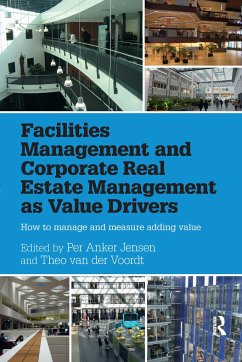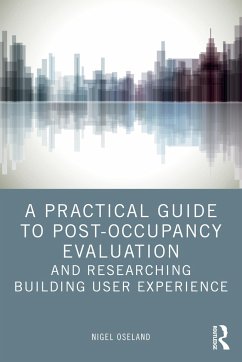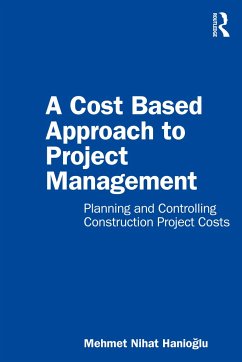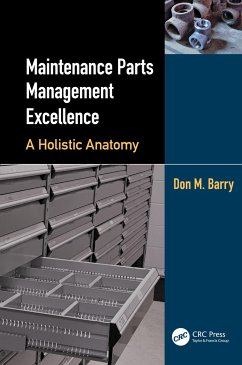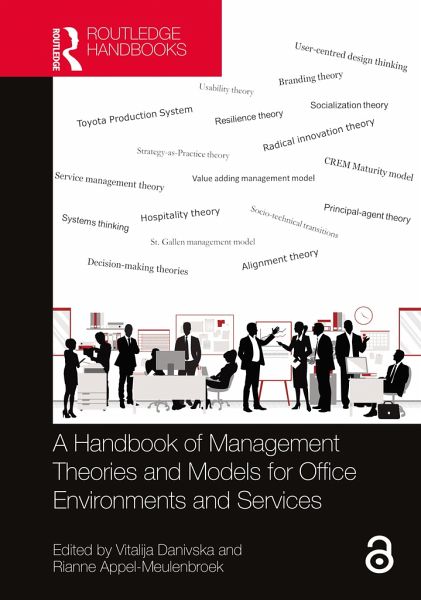
A Handbook of Management Theories and Models for Office Environments and Services
Versandkostenfrei!
Versandfertig in 1-2 Wochen
187,99 €
inkl. MwSt.
Weitere Ausgaben:

PAYBACK Punkte
94 °P sammeln!
This second book in the series focuses on the role of workplace management in the organisation and the tasks that workplace management needs to consider.








